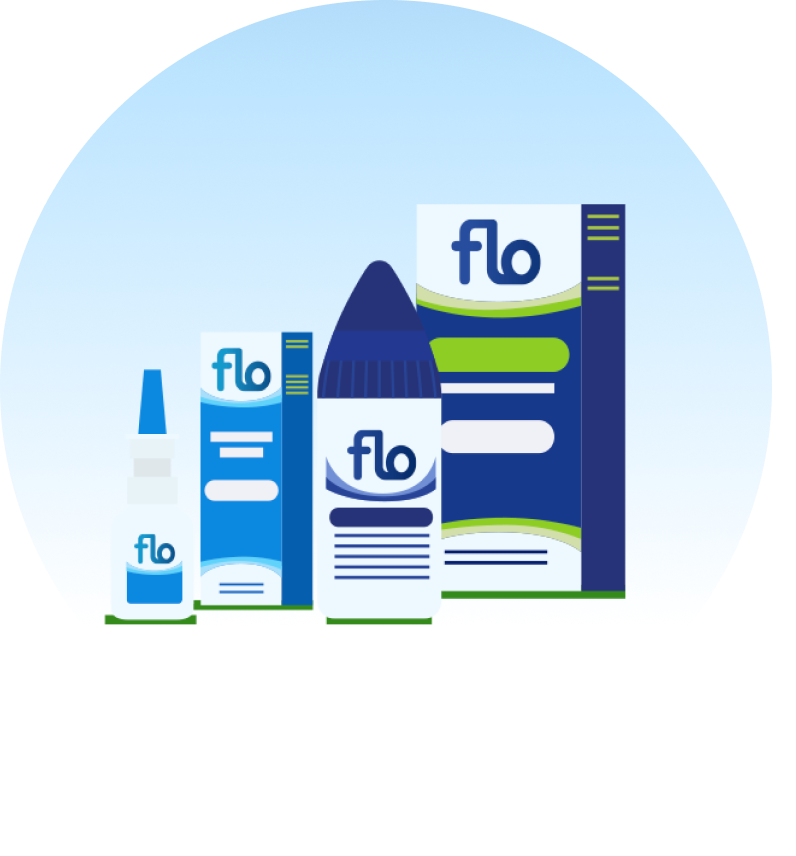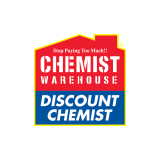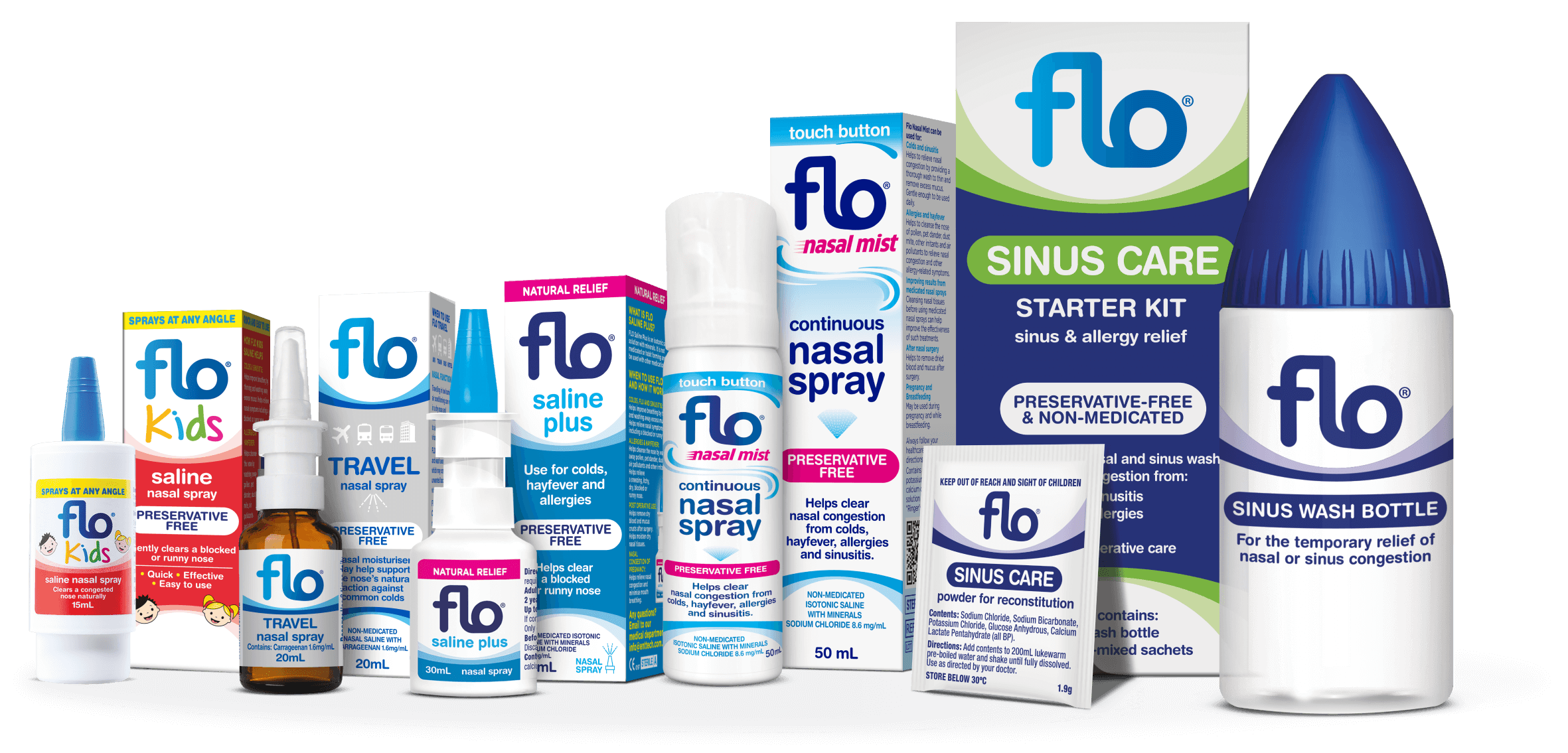The workplace sniffles: how to combat sinus irritants in the office
- Blocked nose
- workplace

Ever walk into your workplace feeling your best self, only to succumb to sniffles and sneezes by lunchtime?
Shared workspaces, while terrific for teamwork, can also expose you to a host of sinus irritants. That persistent tickle in your nose, constant sniffing, the pressure in your head – these symptoms can be distracting. And if left unmanaged, they could impact your productivity and work enjoyment.
Let’s explore the common culprits behind those workplace sniffles and strategies to help you breathe (and work) freely.
The culprits: common sinus irritants in shared workspaces
Your breathing or sinus symptoms could be caused by various irritants or germs, just like outside the workplace. They might be either an allergic or a non-allergic response to common airborne particles in your workplace.
Allergic reactions happen when your body has an immune response to specific workplace allergens. Non-allergic sinus symptoms can be triggered by dust, fumes or chemicals that directly affect the nasal passages.
1. Allergens
If your workplace is exposed to the elements somehow, pollens may be behind your workplace sniffles. Even if your workplace is more closed up, pollens, pet dander and other allergens can hitch a ride inside and settle in carpets and upholstery. When these allergens get stirred up, they can trigger an immune response, including symptoms like sneezing, runny nose and congestion.
Mould is another common workplace allergen. A It needs little encouragement to grow in humid spaces like workplace kitchens and bathrooms.
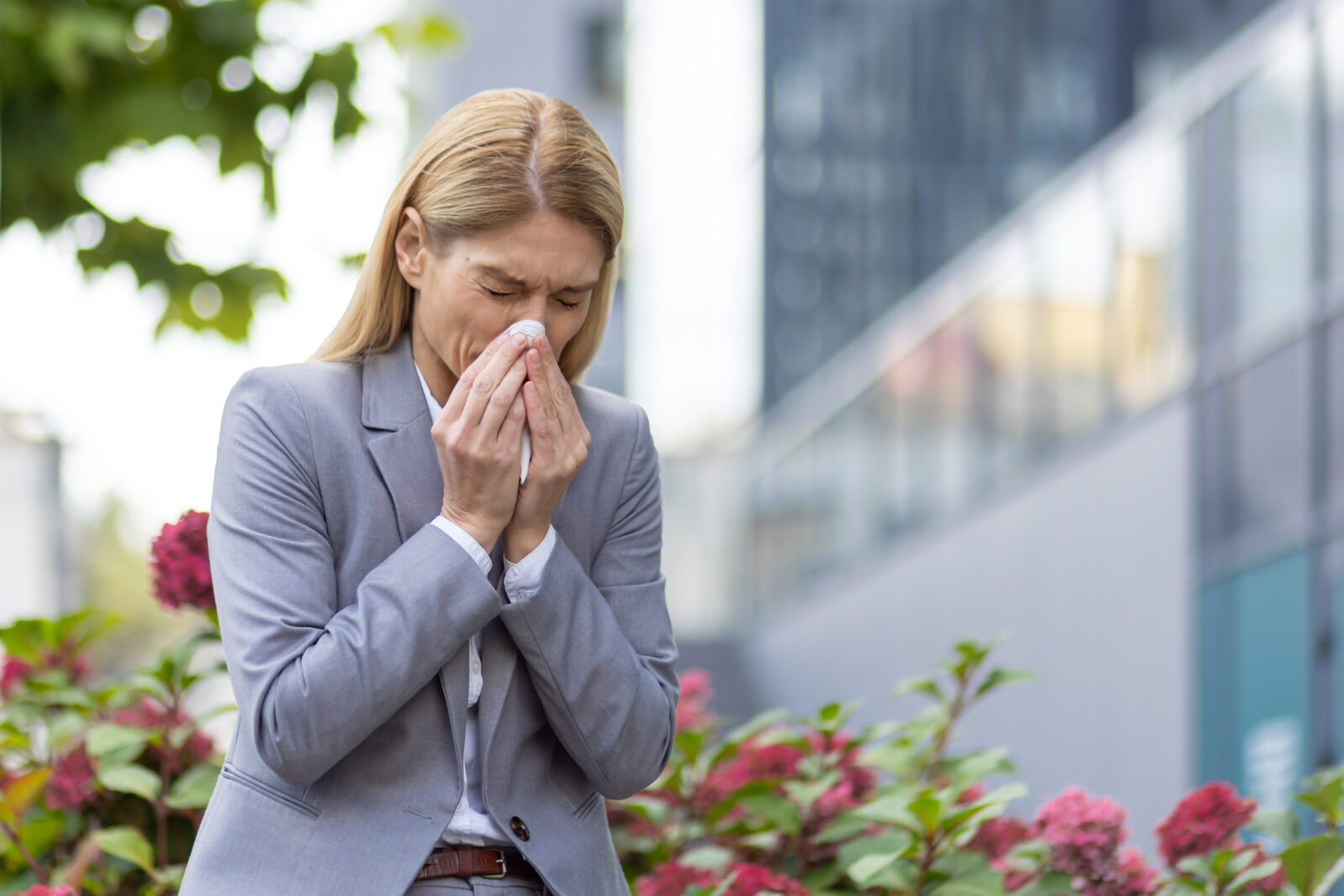
2. Dust
Without regular deep cleaning, shared work areas can quickly become magnets for dust. Dust particles from textiles or wood can trigger coughs, sneezes and sniffles by directly irritating the tissues lining the nose, sinuses or throat.
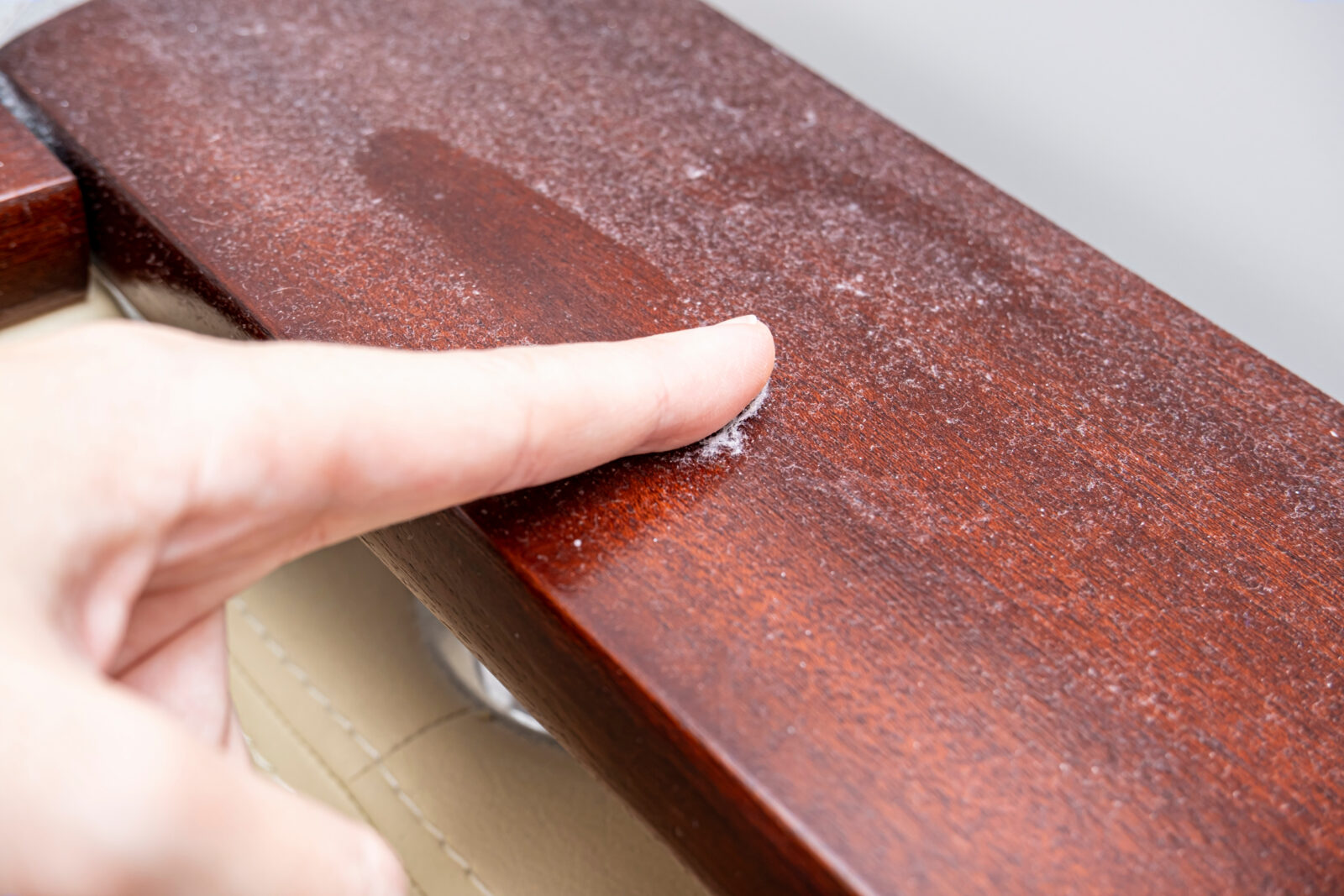
3. Chemical Irritants
Floating around your workspace are tiny molecules given off by a host of products, such as:
- Cleaning products or air fresheners
- Perfumes or colognes worn by your colleagues
- Fresh paint or new office furniture
- Malfunctioning equipment (such as a busted photocopier)
These all have the potential to irritate your nasal passageways directly. They could be the culprits behind your unexplained sneezes, coughs, and sniffles.
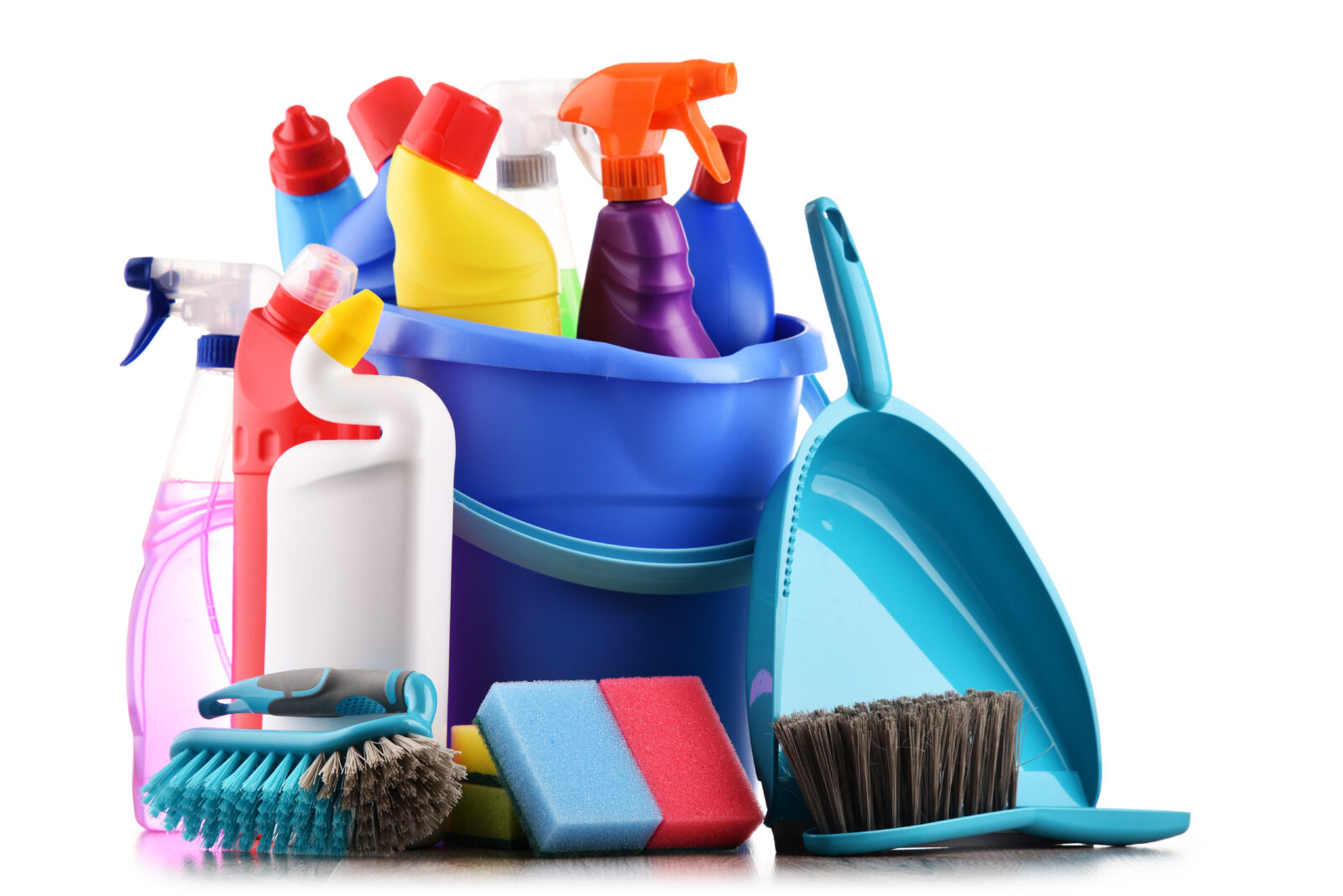
4. Wood Smoke
Smoke is a significant irritant for sinuses.
In Australia, bushfire smoke worsens air quality inside and out, leading to irritated eyes, nose and throats.

5. Airborne Germs and Viruses
Shared spaces mean shared germs. Cold, flu and other viruses can spread easily through the air, leading to a range of respiratory symptoms.

Strategies to Combat Sinus Issues in the Workplace
It’s impossible to control what happens in every inch of your workplace. However, there are many personal and workplace-specific strategies that help combat the effects of workplace sinus irritants.
Here are some ideas to get you started:
- Become a cleanliness advocate: Politely insist on the removal of mould and dust from shared workspaces. You can also ask if cleaners might use fragrance-free cleaning products. Encourage your colleagues to avoid strong perfumes or colognes if these bother you.
- Control the climate: No, you can’t control the weather. But you can check air quality forecasts (like the pollen count). This will help you be prepared if it’s a high air-pollen day. To improve indoor air quality, close doors and windows, and check if your workplace uses high-efficiency filters in the heating, ventilation and air conditioning (HVAC).
- Change of scene: If the irritants bothering you are likely temporary (like new paint or bushfire smoke), ask your workplace if you can work where you can better control the air quality, in another area of your workplace or from home.
- Boost your defences: FLO offers a range of nasal saline sprays (like FLO Nasal Mist or FLO Saline Plus Nasal Spray) and washes (like FLO Sinus Care). These help to clear your sinuses and provide relief from symptoms. Regular washing of the nose and sinuses will help wash away animal fur, dust, pollen and other irritants. It may help reduce the severity of allergy symptoms.
- Talk to Your Doctor: If your sinus problems are allergy-related and affecting your work, consult your doctor for a personalised allergy management plan.
Creating a sinus-friendly workspace
By working with your colleagues and workplace management, you can create a shared environment that minimises sinus irritants, fosters overall well-being and improves productivity.
Ready to breathe freely at work? Explore the FLO product range to find the best solution for your sinus struggles.
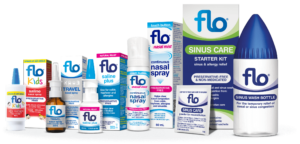
ALWAYS READ THE LABEL AND FOLOW THE DIRECTIONS FOR USE

